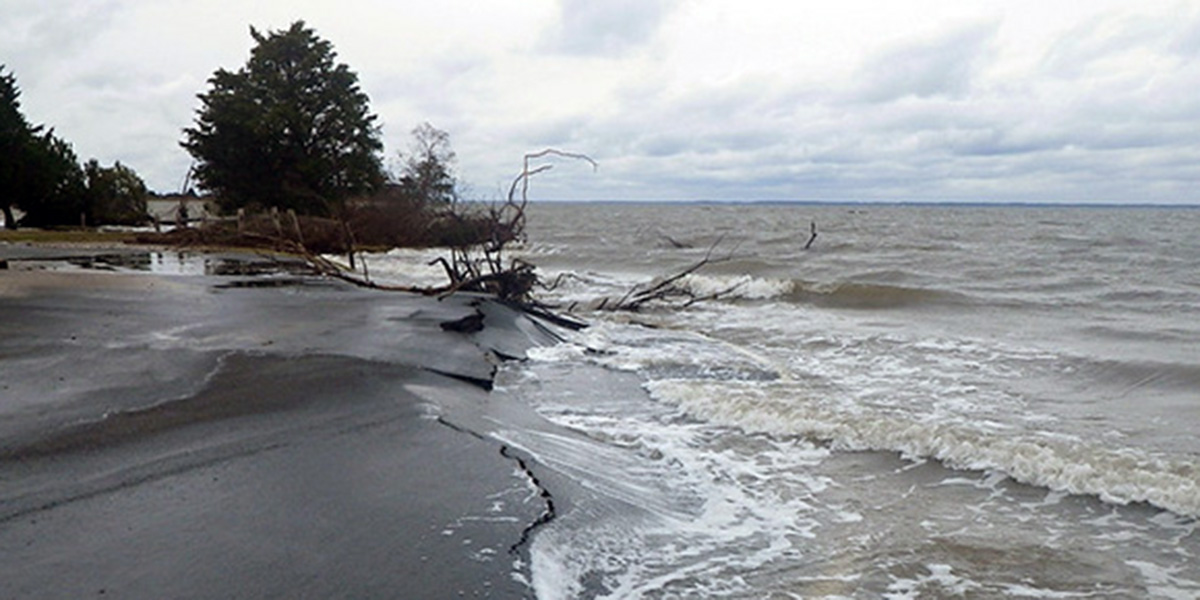Protecting coastal communities
Climate change and sea level rise
Air & ClimateThe state's coastal and marine waters are vital to Washington's culture and economy. Tourism and marine industries sustain and fuel regional economies. As the climate continues to warm, sea levels are projected to rise, putting coastal communities and economies at risk. We are partnering with other agencies to prepare for sea level rise along Washington's 3,300 miles of coastline.
Sea level rise data and information
Rising sea levels are a serious consequence of climate change. On average, sea levels have swelled over eight inches since 1880, with about three of those inches gained in the past 25 years. The oceans continue to absorb heat from greenhouse gases, resulting in thermal expansion, melting glaciers, and loss of polar ice sheets.
Rising waters can lead to:
- Coastal hazards, such as flooding and habitat changes.
- Saltwater contamination in wetlands, aquifers, and agricultural soils.
Ecology and Washington Sea Grant are leading a team of experts from public agencies, academic institutions, and nonprofit organizations on a three-year effort to rapidly increase the state’s capacity to prepare for natural events that threaten the coast.
The Washington Coastal Resilience Project will improve risk projections, provide better guidance for land use planners and strengthen capital investment programs for coastal restoration and infrastructure. These are the tools coastal communities need to become more resilient to disasters such as flooding, landslides, river channel migration, beach and bluff erosion, and sea level rise.
Through a smart combination of activities — investing in new science, coordinating existing programs and applying and sharing what is learned from three community models — Washington state can efficiently expand its capacity to “weather” future coastal hazards.
Sea level rise projections
This project provides an updated set of sea level rise projections that incorporates the latest science, provides community-scale projections, and is designed for direct application to risk management and planning.
Our new projections reflect the latest science on sea level rise and are an improvement over previous assessments. We recommend using these new projections for coastal impacts assessments within the state of Washington.
Contact information
Curt Hart
Communications Manager
curt.hart@ecy.wa.gov
564-250-2126



